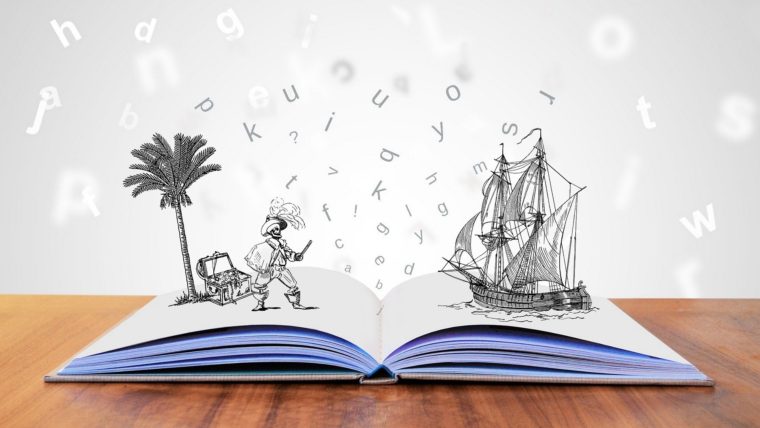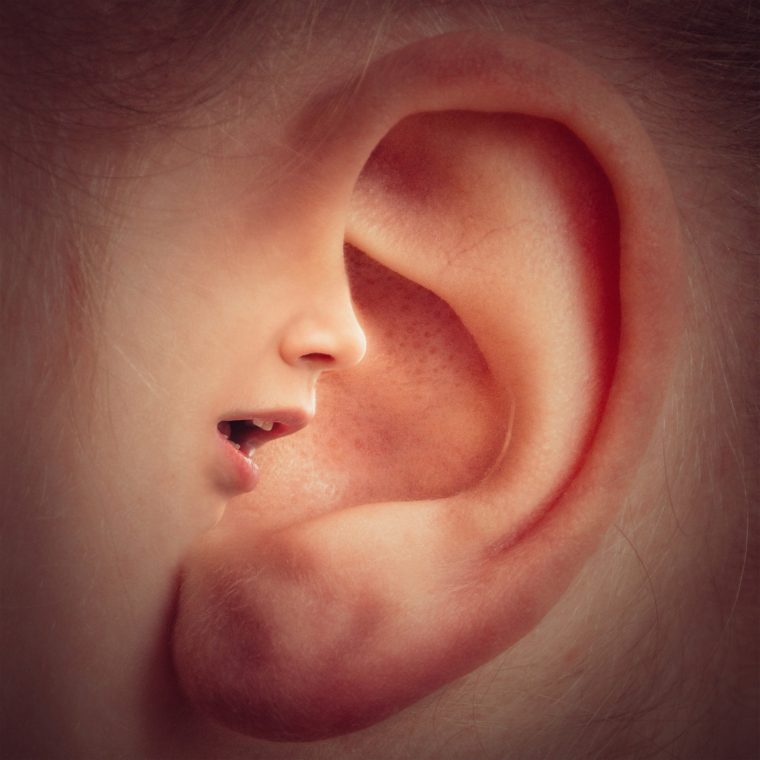Letters can be very personal and are often treasured by the receiver, so I’ve penned another letter to my daughter.

My dearest K,
You have hated
every minute in school and never thought you would have made it this far. But,
here you are at the end of the eighth grade. Congratulations, my child!
Struggles
My heart ached
every time I saw how difficult it was for you to read out loud. We would
practice your scripts and Bible verses for church, until you had them memorized.
But those times when you were called on suddenly, because the church leaders
perceived you to be such a brilliant young lady, I was embarrassed for you, as
you labored to get through the readings.
Then there was the
dreaded school. Every day. I made you go even when you complained of feeling
sick, because I thought you were trying to escape. Unlike your third grade teacher,
you middle school teachers did not understand the challenges of dyslexia,
neither did they seem to want to.
I cringe every
time I think of the public humiliation you endured, dying a thousand deaths
every day. My heart aches when you recall how a teacher would unmercifully keep
embarrassing you for reading aloud haltingly. Or making derogatory statements
when you didn’t quite process and understand her question, preferring to think
you hadn’t prepared at home, when you had spent many hours doing so, and fell
into bed exhausted, every night.
No wonder you preferred
hanging out with the boys. Unlike the girls who sat around talking about the
books they were reading, they ran and jumped and played games you could
identify with and feel accomplished.
Spelling continued
to haunt you. Now, even more than before considering the difficulty of the assigned
textbook.
Do you recall your
difficulty reading social cues and showing appropriate behavior for different
places? There was that time when you were playing with classmates instead of lining
up and you were punished by having the class treasurer job – the one thing you exceled
at and cherished, taken away. That was very poor judgment and downright mean of
the teacher.
I can only imagine
the way your experiences eroded your trust in adults who glossed over the tasks
you accomplished, but humiliated you for the ones you did not do because you
did not know how.
Successes
On the other hand,
do you remember how you learned to find your orientation point so you stopped your
mind’s eye from roaming and getting you disoriented? And the clock technique
that helped you go to sleep at night and wake up in the mornings?
Then, I got you
that music listening therapy program to tune up your ears and your brain and you
learned that your brain is musical. As your listening improved, so did your
singing voice.
When we started to
travel to other countries, your eyes were opened and your mind exploded when
you realized that there was more to life than the struggle at school, and more
ways of expressing yourself and viewing intelligence. You were permanently
changed.
Traveling gave you
an opportunity to see what you learned in books come to life. You observed
firsthand, different cultures, food, governments and ways of life. Theory was
now real.
Added to that, our
extended family dynamics allowed you to ask any question and get an answer,
without making you feel stupid.
You have worked so
hard and so diligently.
I continue to be very
proud of you.
In spite of the
challenges you encountered because of dyslexia, you courageously plowed ahead
and conquered them.
You are getting
better, every day.
Today, you
graduate with high honors.
You deserve every
moment of your celebration!
Now, on to High
School. I’m in your corner and you will succeed!
Love,
Mom
What positive
experiences can you reinforce in your child to counter the struggles they
experience, every day?



